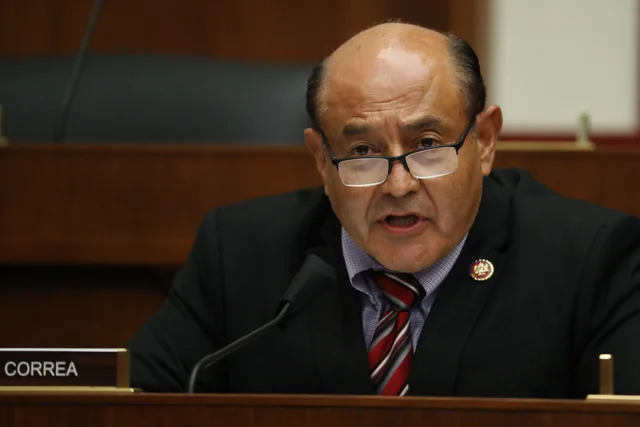
Some moderate Democrats are concerned with their party leadership’s plan to overturn a Republican election victory.
At least four Democrats are worried about a planned vote to strip Republican Iowa Rep. Mariannette Miller-Meeks of her congressional seat and name Rita Hart the winner. Miller-Meeks was elected by six votes in the closest congressional election since 1984.
Minnesota Rep. Dean Phillips, North Carolina Rep. David Price, Michigan Rep. Dan Kildee, and California Rep. Lou Correa have all expressed misgivings about the effort. Democrats hold a 219-211 margin in the House of Representatives, so they can not afford many defections on any votes. Hart’s effort to overturn the election result is “blessed by the top echelons of House Democratic leadership,” Politico reported Monday.
Losing a House election by six votes is painful for Democrats. But overturning it in the House would be even more painful for America. Just because a majority can, does not mean a majority should. https://t.co/pXaOYBIMue
— Rep. Dean Phillips ???????? (@RepDeanPhillips) March 22, 2021
“Losing a House election by six votes is painful for Democrats. But overturning it in the House would be even more painful for America. Just because a majority can, does not mean a majority should,” Phillips tweeted.
“The standard [for overturning an election] has to be a very high standard,” Kildee told the Wall Street Journal. “Unless we see compelling evidence that there’s something seriously wrong, then we should defer to state and local officials.”
“I think these are issues that right now are probably best left at the state level,” Correa told CNN.

“I don’t think there’s the slightest chance that that would happen,” Price told Fox News when asked if he thought the House would overturn the election. “I have confidence that all sides of the House Administration Committee process are well aware of how sensitive and how difficult this is.”
Democratic California Rep. and House Administration Committee chairwoman Zoe Lofgren defended Democrats’ decision to take up Hart’s case. “Today none of us can state with confidence who actually won this election,” she told NPR.
The process for seating House members in contested elections is laid out by the Federal Contested Elections Act.
Under the Federal Contested Elections Act, the House Administration “[C]ommittee may recommend, and the House may approve by a simple majority vote, a decision affirming the right of the contestee to the seat, may seat the contestant, or find that neither party is entitled to be finally seated and declare a vacancy,” the Congressional Research Service explained in a 2010 brief.
*story by The Daily Caller


